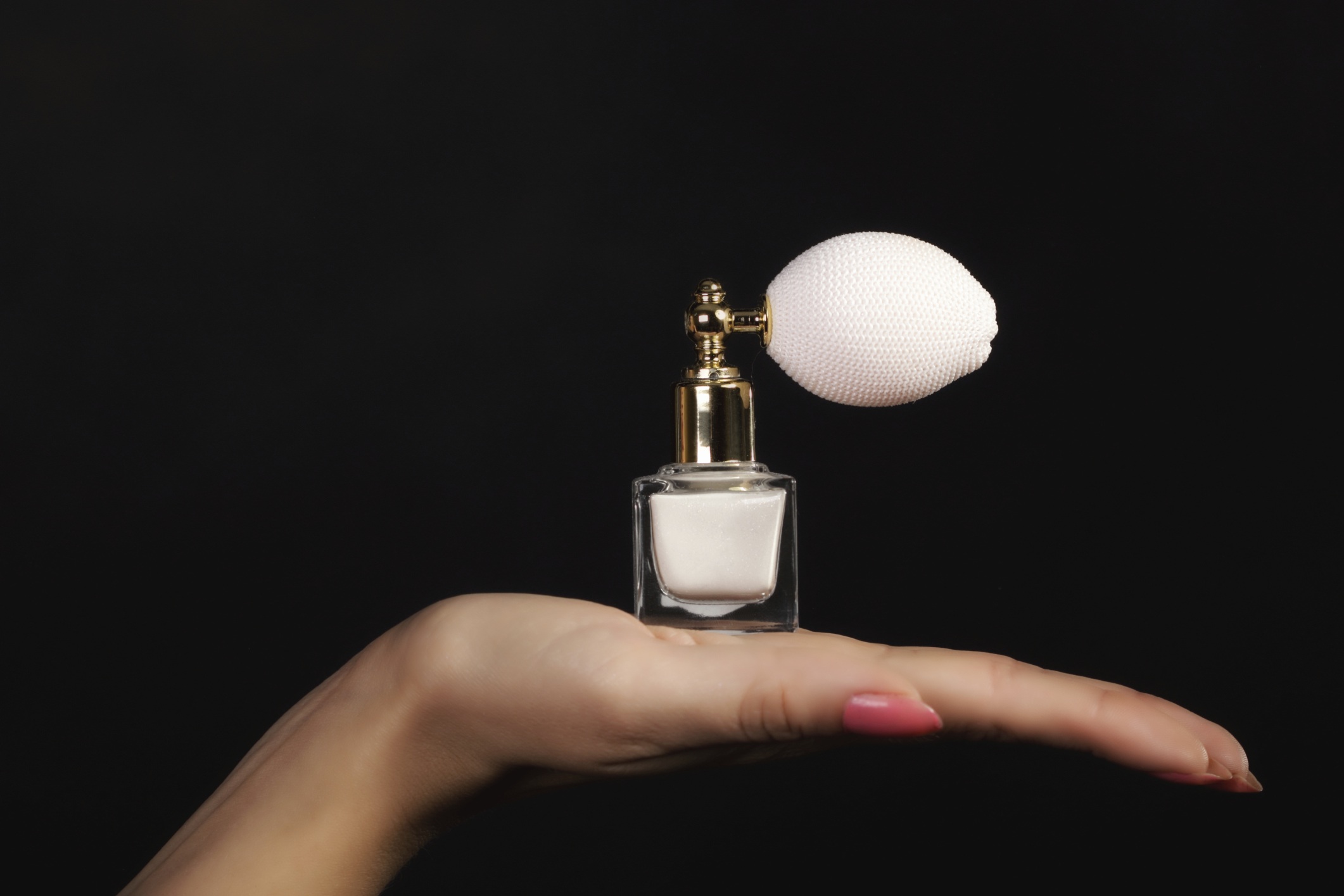The difference between being “attractive” and having an “attractive personality” is that the latter is more than just good looks. Those with an “attractive personality” carry the right dose of confidence and high self-esteem, and are a perfect blend of “looking good” and “feeling good”. Perfumes are known to contribute to the ‘feel good’ factor. Just for this one reason, you find a lot of people dousing themselves in perfumes whether at work, social gatherings or even at home. However, there are some who are sensitive to perfumes and are known to have allergic reactions when exposed to certain fragrances.
What is “Perfume Allergy”?
Perfume allergy refers to the hyperactivity of the immune system due to agents present in certain fragrances which cause respiratory discomfort and eventually manifest as rash, nausea, vomiting, tingling of lips and even muscle and joint pain. Studies have proven that almost 1% of the population suffers from respiratory threats caused by allergens in perfumes and fragrances, sometimes even leading to asthma attack in severe cases. Perfume allergy is not limited to only those who wear it. Being in the presence of others wearing perfumes can also trigger an allergic reaction.
Classification of Perfume Allergy
According to experts, there are broadly three types of perfume allergies that are:
- Caused by direct contact with the allergen
- Caused by allergens in the air
- Caused by air borne particles of the perfume itself
In the first case, an allergic reaction often develops in the areas of application of the perfume. Classically, people with this type of allergy would first notice a skin rash or eczema of the armpits upon using a deodorant. However, this is the easiest to deal with and simply identifying and avoiding the use of certain fragrances can stop allergy.
In the second type, the allergic reaction is usually situational and is caused by allergens present in the scents in the air. For example, being in a confined room with someone else wearing a perfume or walking past the fragrances section in a store triggers allergy. This however is short-lived and can be resolved by simply moving away from the source.
The third type of allergy can be serious as it means extreme sensitivity to airborne particles of the perfume. Such individuals are prone to an allergic attack on a daily basis. Common symptoms of an acute case of perfume allergy are dizziness, vomiting, chest congestion, sore throat, asthma or even passing out.
“Perfume” and “Fragrance”- What’s The Difference?
We often use the words “perfume” and “fragrance” synonymously. The truth is, perfumes are a complex mixture of multiple fragrances that work together to give a characteristic scent. Therefore when we say “perfume allergy”, it refers to an allergy caused by a certain fragrance present in the perfume.
Fragrances are present everywhere starting from cleaning products to soaps, lotions, room fresheners and tissues. It is best if one can identify the fragrance causing the allergy and stay away from it.
What You Can Do to Avoid an Allergic Reaction
It is a must to visit your physician for the slightest of sensitivity experienced due to perfumes or fragrances. Perfume allergy is known to get worse with continuous exposure to allergens, making it necessary to take adequate precaution to avoid complications. A patch test or blood test is mostly done to identify the allergen.
Read labels thoroughly and buy products that are “fragrance or perfume free”. If you are sure of a particular fragrance that bothers you, avoiding just that would be sufficient. Most often, all fragrances are listed by their chemical components and therefore being well versed with them is advisable. The following list of fragrance and its corresponding chemical component could be a handy tool:
- Odor of Hyacinth- Cinnamic alcohol
- Warm spicy odor with a taste of cinnamon- Cinnamic aldehyde
- Powerful spicy odor of clove and a pungent taste- Eugenol
- Odor of clove weaker than that of eugenol- Isoeugenol
- Sweet floral odor of rose- Geraniol
- Intense odor of jasmine- Alpha amyl cinnamic alcohol
- Sweet fresh odor of lily of the valley- Hydroxycitronellal
- Earthy, wooden, masculine odor- Oak moss absolute
Create an allergen free zone at your home. Use HPEA filters for your heating and cooling system; get HPEA vacuum cleaners and HPEA air purifiers for your room.
Trade carpeting, drapery and even upholstered furniture for stuff that won’t hold on to allergens in the air.
Some of the compounds listed above are also present in certain foods. Consult your doctor and see if you need to avoid consuming such foods.
It can be extremely challenging to live with perfume allergy. It is possible to take precaution at home, however it can get extremely risky when one ventures out. Taking timely medical advice and changing your lifestyle can effectively help manage the condition.
